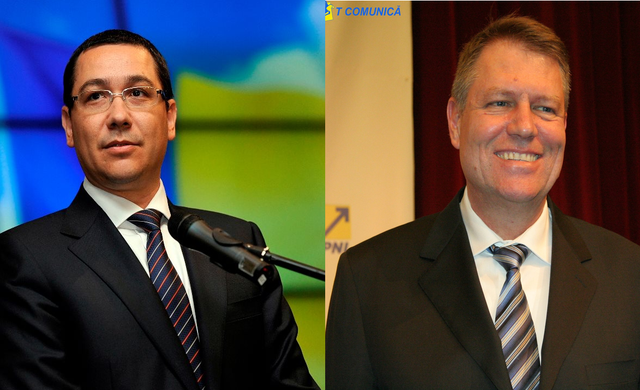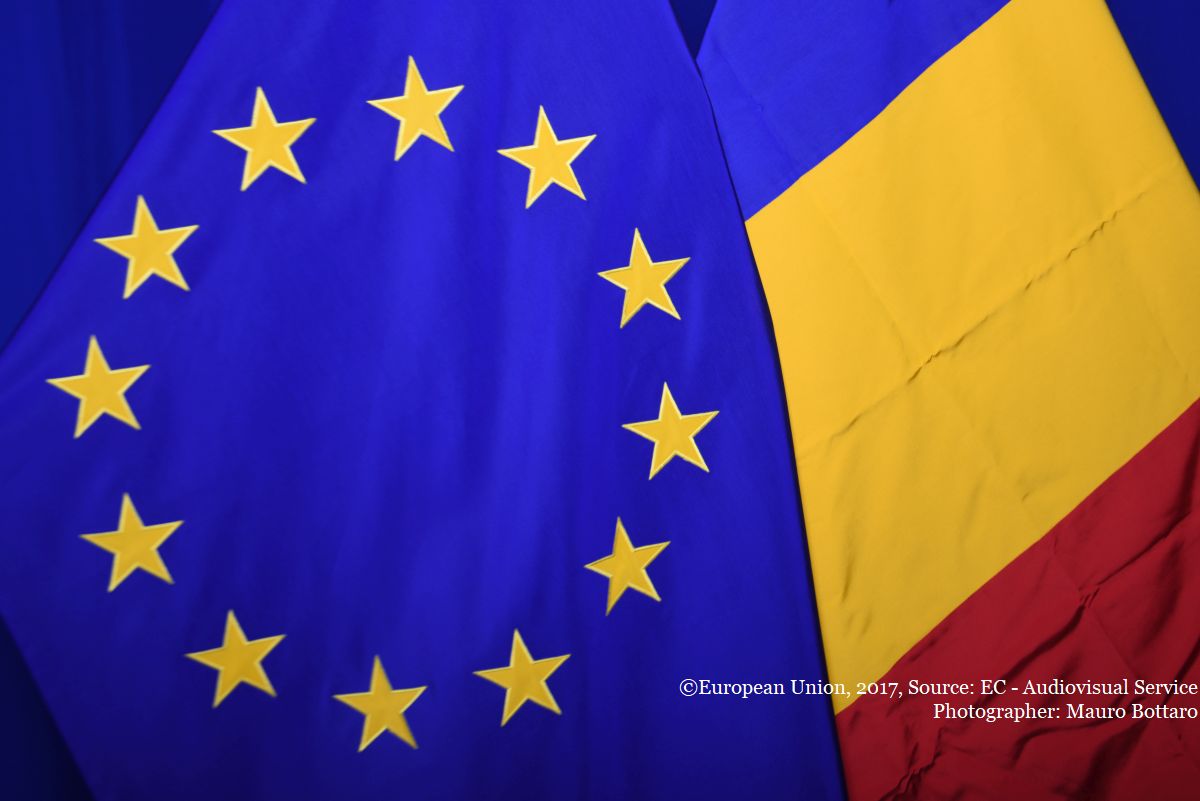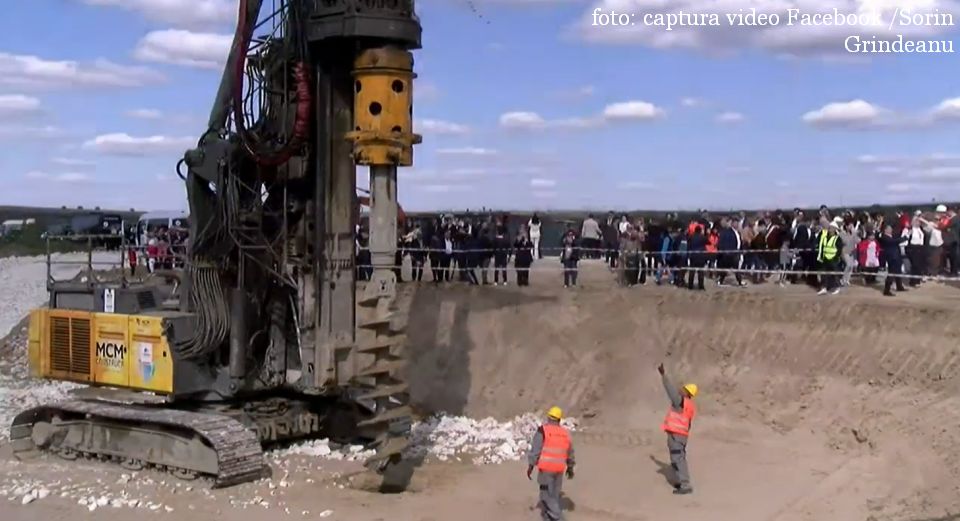Presidential Election in Romania
Fourteen candidates competed for the presidency of Romania, and two of them qualified into the November the 16th runoff: the Social Democratic PM Victor Ponta and the representative of the right-wing opposition, Klaus Iohannis.

Ştefan Stoica, 03.11.2014, 13:23
The incumbent PM Victor Ponta and the Mayor of Sibiu Klaus Iohannis are the men of the hour in Romania, and they will continue to be so until November the 16th, when one of them becomes president of the country. Ponta represents the left-wing coalition made up of the Social Democratic Party, the National Union for the Progress of Romania and the Conservatives, which is in power together with the Democratic Union of Ethnic Hungarians in Romania.
Iohannis is the candidate of the Christian Liberal Alliance made up of the strongest right-wing parties in opposition, the National Liberal Party and the Liberal Democratic Party. But their political ideologies have grown ever less relevant over time. The key elements to an election win include political experience, personal charisma, the mobilization of the activists in the two camps and, not least, the negotiations with the candidates who left the race. In spite of a significant head start in the first round, of nearly 10%, Victor Ponta is cautious and says the race is now back to square one. In the statement he made Sunday night Ponta reiterated the need to rebuild the solidarity of Romanians, after years of discord under the incumbent president Traian Basescu.
Victor Ponta: “In the coming two weeks I will talk to the people who voted for me as well as to those who voted for other candidates or did not vote at all. I have a responsibility to all of them, and my project, as president, includes all Romanians without exception.”
Nominated as PM in 2012 by a coalition of the Social Democratic Party and the National Liberal Party built on the idea that Traian Basescu was the archenemy of Romania, Victor Ponta will try to destroy the credibility of his challenger by depicting him as a supporter of Basescu’s ideas.
In turn, Klaus Iohannis, an ethnic German from Transylvania, built his campaign on the idea of hard work as opposed to empty talking and lies. In his opinion, the results in the first round confirm Romanians’ thirst for a change:
Klaus Iohannis: “I am the only candidate left in this race who is willing to guarantee the independence of the judiciary and the rule of law. I am calling on all the Romanians who want the law to be complied with, instead of giving all power to one political party alone, to stand by me.”
This statement is an invitation to negotiations, primarily addressing the independent candidate Monica Macovei, a former justice minister seen as a fighter committed to freeing the judiciary from political interference.
But even with Monica Macovei’s votes, Iohannis cannot overlook the capital of candidate Elena Udrea, the leader of the People’s Movement Party, openly supported by President Traian Basescu. Together, the two women running in this election campaign have won some 10% of the votes, which might make a difference in the runoff. And so might the 5% won by the former Liberal PM Calin Popescu Tariceanu, who supports a revival of the Social Liberal Union, and who will almost certainly back Victor Ponta in the runoff. The equation is, nonetheless, quite complicated, and the Hungarian minority will also play a part in its outcome.






























